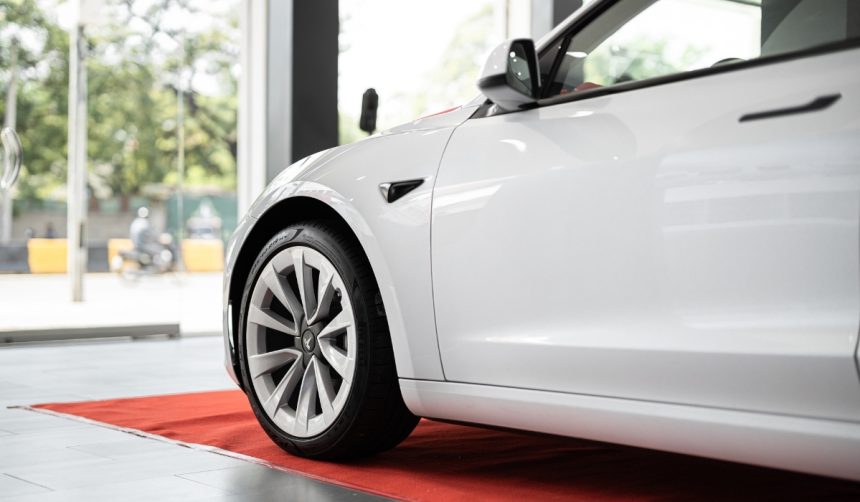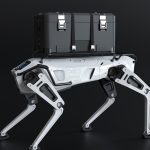Recent statements from Xiaomi’s CEO, Lei Jun, have drawn attention to the evolving landscape of electric vehicles, especially as the company’s new YU7 model enters direct competition with Tesla’s Model Y. Lei Jun recognized Tesla’s achievement in completing a fully driverless vehicle delivery, characterizing it as a significant advancement in automotive technology. This recognition comes at a time when brand competition in China’s electric vehicle market is intensifying, with automotive companies striving to attract technologically engaged drivers. Interest in autonomous driving is rising, and Chinese manufacturers, including Xiaomi, are closely monitoring international developments and consumer trends for future progress.
Reports about Tesla’s Full Self-Driving (FSD) program have emerged in previous years, with incremental progress and international discussions surrounding safety, regulation, and public acceptance. However, prior incidents often involved test drives or limited geographies rather than documented public deliveries. The most recent event, hailed for its driverless vehicle journey at highway speeds, raises the competitive standard. By comparison, Chinese automakers are typically praised for their rapid adoption of smart technology, yet rarely publicly acknowledge international competitors.
How Did Key Industry Leaders React?
Tesla’s executive Grace Tao shared that a Model Y autonomously drove to its customer without any human intervention or remote operation, covering the distance at speeds up to 115 kilometers per hour. This event drew reactions from Xiaomis leadership, with Lei Jun mentioning the need for continuous learning. In his latest remarks, Lei Jun stated:
“Tesla is indeed amazing, leading the industry trends in many areas, especially FSD. We still have to continue learning!”
Acknowledgement of Tesla’s technological progress came just as Xiaomi was promoting its own recent addition, the YU7, strengthening the sense of healthy competition.
What Are Xiaomi’s Latest Moves in EV Competition?
Xiaomi has made significant inroads with its first vehicle, the SU7, challenging the dominance of the Tesla Model 3 in China. The newly released YU7, marketed as more spacious and equipped with additional features than the Tesla Model Y, gained exceptional market interest with 200,000 orders secured minutes after the vehicle became available. Competition between Xiaomi and Tesla is intensifying, especially within China’s rapidly advancing electric car industry.
Do Chinese Automakers View Tesla as a Benchmark?
Public comments from Xiaomi’s CEO indicate that, despite national rivalries, Tesla is still perceived as a reference point for technological achievements. Lei Jun’s respect highlights an openness to external influence among leading Chinese auto innovators, especially at a time when attention is often given to domestic advances without outward acknowledgment. Tesla’s accomplishments, particularly in autonomous driving, continue to influence the strategies and aspirations of formidable local firms like Xiaomi.
Autonomous driving technology is now at the forefront of competition, with both Tesla and Xiaomi pushing forward with new products intended for efficiency and driver convenience. Consumers and industry analysts note that while Tesla maintains a global hold on advanced self-driving, rising Chinese brands are bridging the gap through localization and rapid development cycles. For future buyers, these developments suggest broader options and advancing capabilities in next-generation vehicles, emphasizing the strategic value of learning from both domestic and international competitors.
- Tesla completed its first fully driverless vehicle delivery to a customer.
- Xiaomi recognized Tesla’s progress, highlighting the importance of industry learning.
- Competition continues to grow between Tesla and Xiaomi in the Chinese market.










